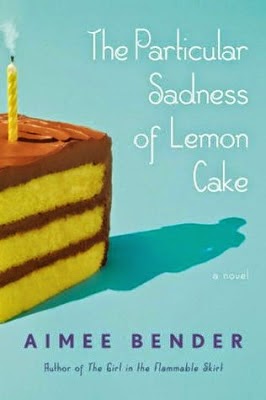Tender at the Bone: Growing Up at the Table
By Ruth Reichl
289 pages, Random House, 1998
 |
| Photo by Aurélie Jouan |
Ruth Reichl’s memoir Tender at the Bone ranks among my very favourite food memoirs, and
among my favourite books. For many reasons. For one thing, it’s beautifully
written in the kind of voice that makes me wish I were friends with the author.
For another, it superbly describes the way food can shape the everyday lives
and relationships of those who open themselves to it. There are many objective
reasons to like this book (inasmuch as there is such a thing as objectivity in
the reading experience). But many of the reasons I loved it are actually
intensely personal.
Before I continue, you may notice that the photos
in this post look much, much better than usual. This is because a friend of
mine, the very talented Aurélie Jouan, was kind enough to come over for a photo
shoot. I’m so grateful to her, especially since I made her shoot pâté, which is
perhaps the least photogenic dish ever. And she still managed to make it look
good! You can check out her work at www.aureliejouan.com.


